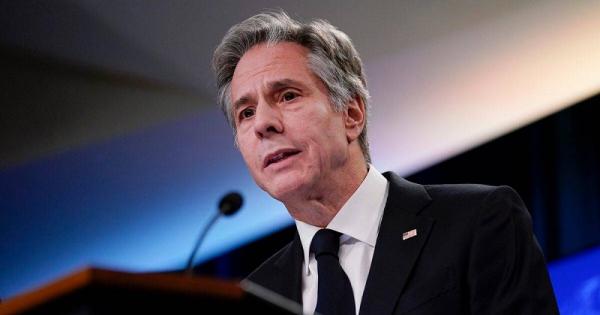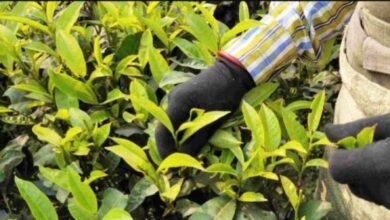Chinese political interference?

Recently there have been indications that the US is weighing heavily on Chinese influence in Nepal. But after the next general election, this situation may change again. That is why the visit of the Communist Party of China to Nepal has become special.
Foreign interference in Nepal’s politics is not new. Ever since the monarchy ended there and the influence of communist parties increased, China has played a special role there. Recently, there must be indications that the US is weighing heavily on Chinese influence. But after the next general election, this situation may change again. It is because of this background that the current visit of the Chinese Communist Party delegation to Nepal has become special. The team is on a four-day visit to Nepal under the leadership of Liu Jianchao, the new head of the Chinese Communist Party’s International Liaison Department. Liu has arrived here at a time when the election environment is heating up in Nepal. Along with this, the possibility of unity among different communist parties of Nepal is also being explored. Liu and the Chinese contingent will also meet Communist Party of Nepal (Maoist Centre) president Pushpa Kamal Dahal and Communist Party of Nepal (UML) chief KP Sharma Oli in Kathmandu. The question is, will Liu insist on the unity of the Communist parties?
The Foreign Liaison Department of the Communist Party of China was reshuffled in June. Liu was then made its head. He had a video conversation with Dahal and Oli soon after taking up this position. Now they have reached Kathmandu. China has had a clear influence on the Communist parties of Nepal. Just a few days ago, Pushpa Kamal Dahal had talked about forming a front of parties who believe in socialist ideology. It has been speculated whether Liu inspired him to do this. It is worth noting that the electoral atmosphere in Nepal has started building up now. There the Election Commission on its behalf has sent a suggestion to the government for the date of November 18 for the general elections to the federal and provincial legislatures. At present, there is a government led by Nepali Congress. The stance of the Nepali Congress is understood to be in favor of India and America. Whereas communist parties are considered pro-China. Now it remains to be seen how much the strategy of these parties is affected by the visit of the Chinese delegation.




